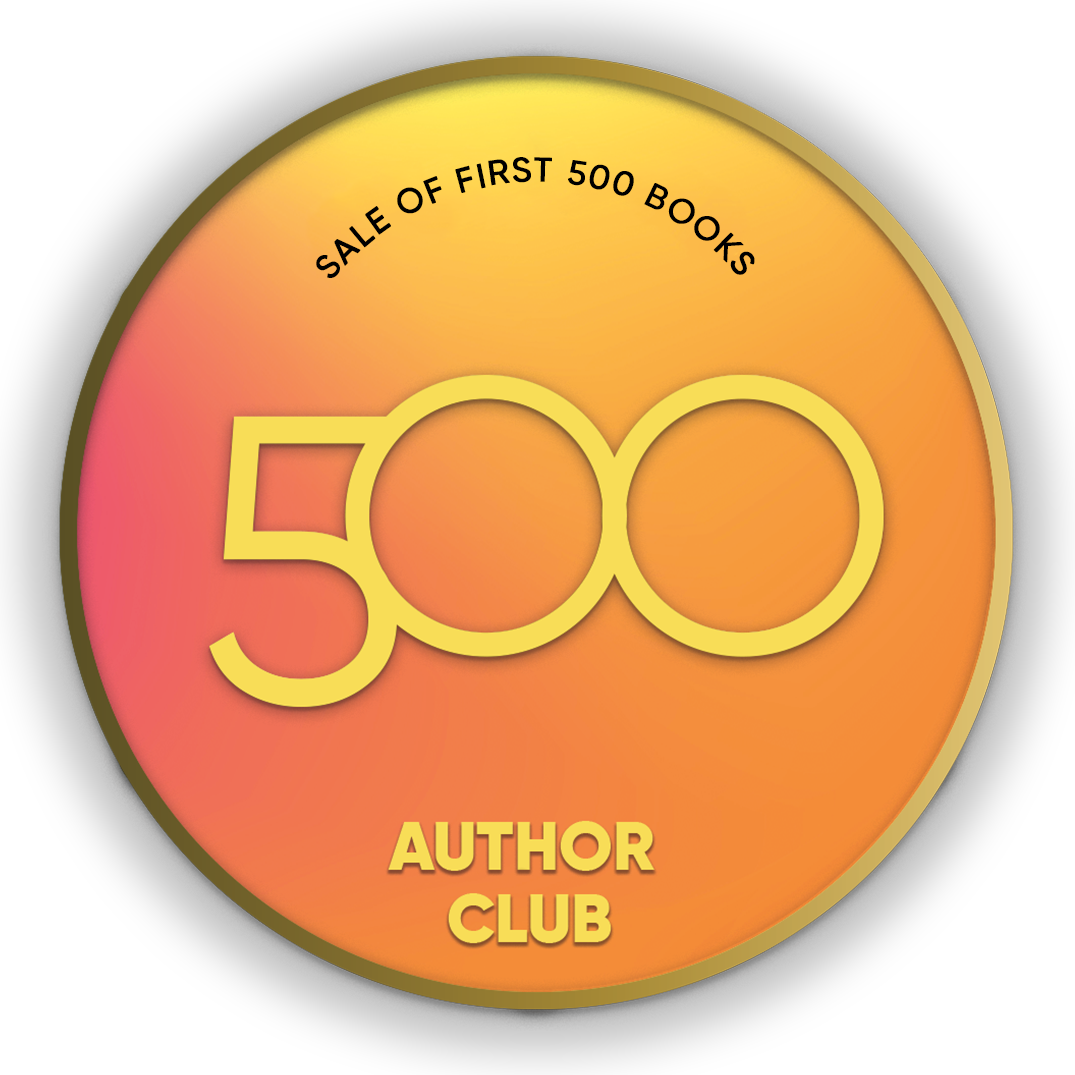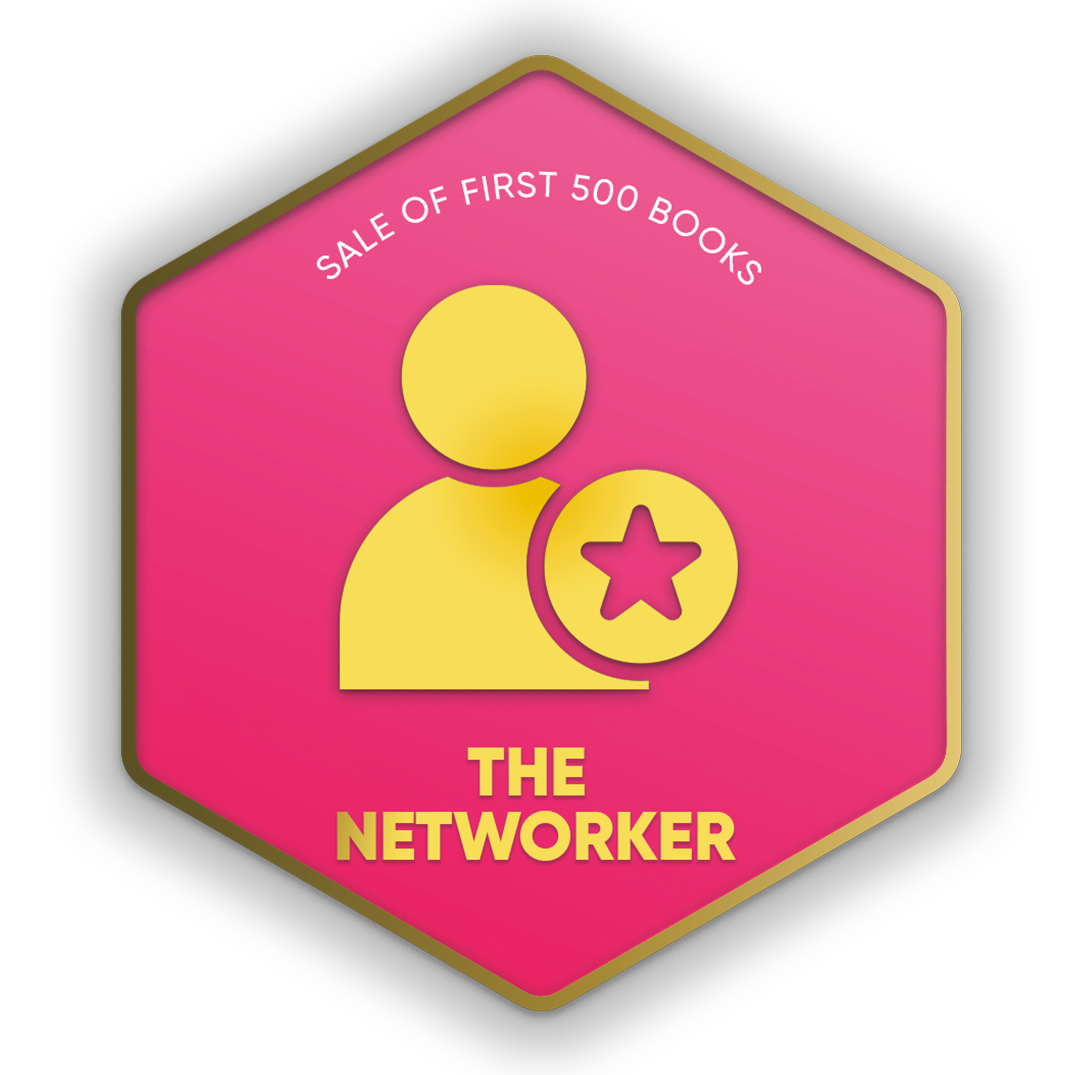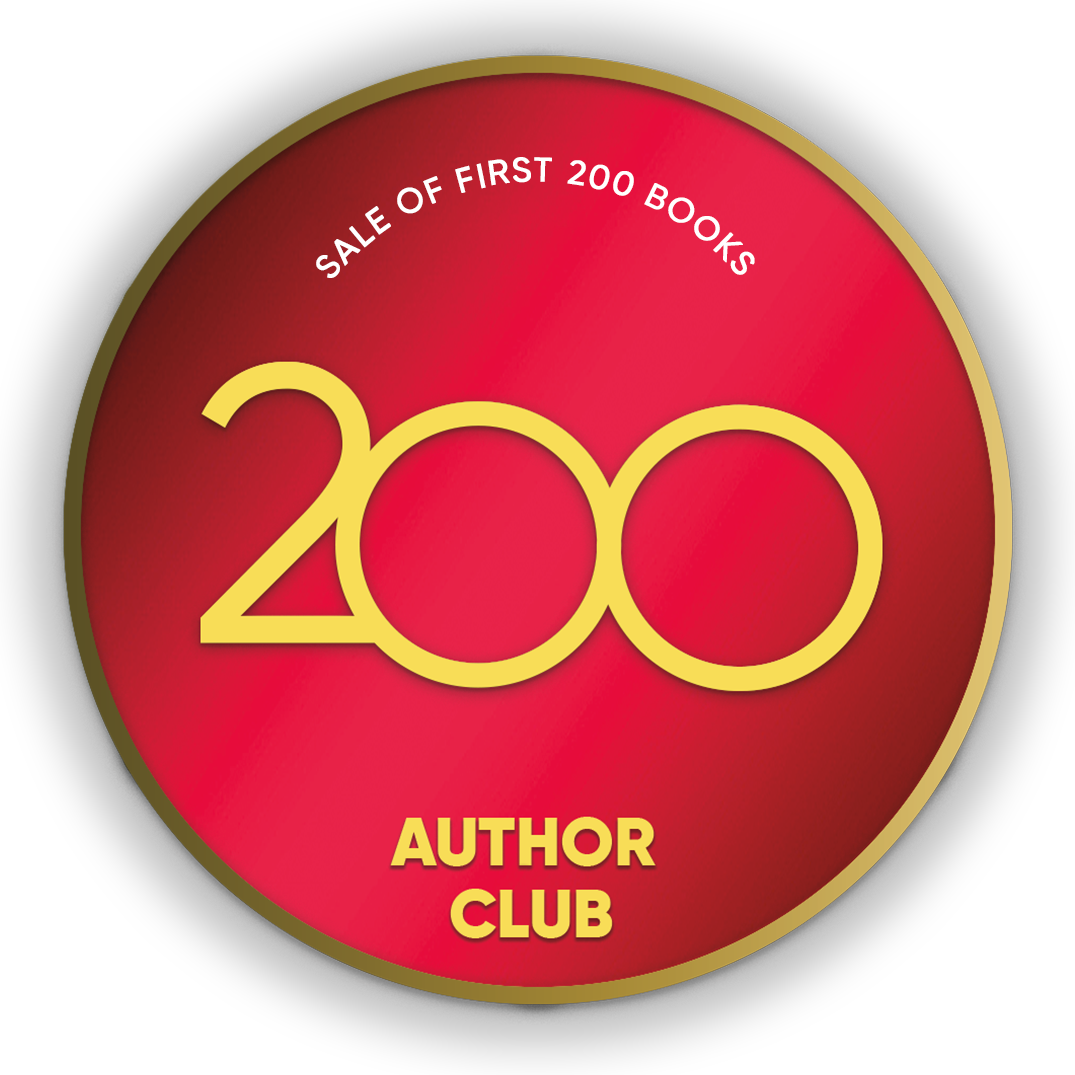BRICOLAGE
Books by Dr. Saran S. & Dona Mathew
BRICOLAGE is an excellent vignette of some of the major research topics such as Cartoon and Graphic Studies, Critical Race Studies, Disability Studies, Ecocriticism, Feminism, Women Empowerment and Gender, Technology and English Language Teaching, Cultural Studies, Media, Art and Cyber Space, Theatre and English Language Teaching, Cross- culturalism, Partition Studies, Identity and Diasporic Literature, War Literature, Trauma Studies, E-Commerce, etc. This com
Quae Nova; New Worlds of English Literature
Books by Dr. Saran S.
Numerous nations, including the United Kingdom and its royal dependencies, the Republic of Ireland, the United States, and the former British Empire nations, are represented in English-language literature. More than 1,400 years have passed since the beginning of the English language. Old English refers to the earliest varieties of English, a collection of Anglo-Fresian dialects that were introduced to Great Britain by Anglo-Saxon conquerors in the fifth centur
Outweighed by Outcasts
Books by Saran S. & Prerna Jatav
A deep study of human existence brings to the fore a sharp realization of the fact that the flip side of western education and advancement is the covert attempt at colonization. From food to our software, dependence upon the capitalists of the world is complete. This kind of dependence is a resultant of empowerment for the colonizers who then command absolute power.
The story of human society is no different, as the struggle for power remains the same
Gems of Theories
Books by Jalson Jacob & Saran S.
The corpus of concepts and methods we utilise in the practical study of literature is referred to as "literary theory." We don't mean the meaning of a piece of literature when we say literary theory; we mean the theories that indicate what literature might signify. Literary theory is an explanation of the fundamental ideas, or tools, that we use to try to understand literature. All literary interpretation has a theoretical foundation, yet it can be used to jus
Nova Spatium Sapientiae
Books by Saran S.
Every piece of art that has ever been created has been fueled by inspiration. The source could be happy or sad, real or imagined, or even dredged out from the depths of subconscious intuition at times. Regardless, there is a context. The viewer can choose whether to be interested in learning about the context - whether stylistic, historical, personal, socio-cultural, or political - or simply connect with the product because the work itself is more important. C
Easy Grammar
Books by Jincy Isac
This book is designed to help you learn English grammar very quickly. This can be very helpful for those who find it difficult to handle English grammar.
It is really a strenuous effort to come out with a book in which the content is completely grammar which is to cater to the taste of students and also English language lovers.
Grammar is supposed to be a dry subject because of its content and lack of humour or stories in it. The primary ne
Iridescence of Literary Paradigms
Books by Jinu George & Saran S.
The book Iridescence of Literary Paradigms is compiled not on the fringes of any rigid area of categorization. In one sense this is the ‘Muse with Cause’-- contributors responded to diverse themes namely ELT, Eco-Linguistics, Performance Studies, Media Studies, Cultural Studies, Discourse Analysis, Feminism, Eco-Critical Studies etc.… which emerged as specialized branches in our discipline. The total range of this collection is very wide and
Contemporary Indian Writings and Education
Books by Saran S.
Education is the process of facilitating learning, or the acquisition of knowledge, skills, values, morals, beliefs, habits and personal development. Educational methods include teaching, training, storytelling, discussion and directed research. During the British reign in India, the seed of Indian writing in English was sown. The seed has grown into a beautiful evergreen tree with fragrant blossoms and juicy fruits. The fruits are being 'chewed and digested'
Reminiscence of Postmodernism and Psychology of Pandemic
Books by Saran S., Nupur Agroyee & Fayize P. V.
The pandemic has also posed a threat to private educational institutions as the acquisition of fees was blocked due to various reasons. Many schools in the private field were shut down amidst the pandemic as the private schools are also facing financial problems in the current situation. A change in school during the time of virtual learning has brought uncertainty in the mind of students.
Many educators tried alternative employment to sup
Indigenous Cultural Concerns
Books by Dr. Ancy Elezabath John
Indigenous studies have provided a comprehensive and engaging exploration of both traditional and contemporary experience and expression of Aboriginal cultures, Knowledge, histories and identities. Through a number of interdisciplinary perspectives like traditional modality, Indigenous knowledge, colonisation and its impact, reclamation and reconciliation focus on Indigenous cultural forms and representation. The complexities of spirituality, lore and traditio
Novae Viae: Parameters and Paradigms
Books by Saran S. & Roselin Linitta George
Social, cultural and literary engagements demand robust critical, theoretical, and creative interventional observation that promotes learning, research and reform. Given this credence, the book, “Novae Viae: Parameters and Paradigms”, attempts a pioneering approach to studying cultural artefacts such as media, art and literary studies in an attempt to dismantle and deconstruct the term ‘popular culture’ which has been defined in homogen
Visualising Contemporary Popular Culture: Media, Art and Literary Studies
Books by Saran S. & Kranti Doibale
Social, cultural and literary engagements demand robust critical, theoretical, and creative interventional observation that promotes learning, research and reform. Given this credence, the book, Visualising Contemporary Popular Culture: Media, Art and Literary Studies, attempts a pioneering approach to studying cultural artefacts such as media, art and literary studies in an attempt to dismantle and deconstruct the term ‘popular culture’ which has
Pedagogical Dialectics: Insightful Discourses on Education
Books by Saran S. & Salini K. S.
The book “Pedagogical Dialectics: Insightful Discourses on Education” is a treatise on education and its allied fields. The compelling collection of research articles dealt here includes discourses in education from Technology, Pandemic study, New Feminism, Psychology and Psychoanalysis to Philosophy, Media and Cyberspace, Informatics, Visual narrative space, Ecocritical studies, Cartoon and Graphic studies These diverse topics give an
Literature Encyclopedia
Books by Saran S.
The book ‘Literature Encyclopedia’ seeks to provide an overview of the fundamental theoretical approaches to literary studies and their most essential inquiries and methodological implications. Our primary goal is to present a comprehensive analysis that includes classical academic critical perspectives and contemporary transnational, quantitative, or digital studies that have impacted our understanding of literature and writings.
Writing i
Reimagining Space and Literature
Books by Saran S.
The book Reimagining Literature and Space seeks to provide an overview of the key theoretical approaches to spatial studies and their most important inquiries and methodological implications. Our fundamental goal is to present a comprehensive analysis that includes classical geo-critical perspectives as well as contemporary transnational, quantitative, or digital studies that have impacted our understanding of space and its literary functions. This colloquium
Discourse, Writing and Biospace
Books by Saran S.
Apart from introducing prominent pedagogic linkages that corroborate diverse perspectives such as that of language, writing, evaluation a compact study on the data analyzing framework also has been meticulously endeavored in the volume wholesomely. In theme and treatment, every chapter carries an esoteric reflection holding a mirror up to the sparsely delineated issues such as Identity, Geospatial, and Digital Humanities, Media and connoisseur ethics, developm
Adiparvam
Books by Saran S.
Mahabharata has eighteen classifications and we can call it eighteen parvas. The first one is ‘Adiparvam’. The Pandavas and the Gritarashtras, the Chandravamsa’s kings, are brothers. Dhritarashtra, who was born blind, married Gandhari and produced a hundred sons. They are known as the Kauravas. Pandu had five offspring with his two wives, Kunti and Madi: Yudhisthira, Bhima, Arjuna, Nakula, and Sahadevan. They are known as Panchapandavars.
Ecocritical Readings: Nature and Environment in Humanities
Books by Saran S. & Mayurakshi Mitra
Ecocriticism takes its subject as the interconnection between nature and culture and especially the language and literature. Most ecocritical texts help man to realize his self and revert back toward his roots from external world. Man has roamed about everywhere in search of inner satisfaction and happiness, but the same is actualized in the lap of nature. Ecocritical works share a common motivation: to connect to the environment. The human race has reached th
Arts and Humanities: Mapping the Multitudes
Books by Saran S & Dr. Ancy Elezabath John
Arts and humanities are imagined as inseparable and integrated activities. Both challenge and enlarge our basic human capacities for interpretation and evaluation. In the arena of literary studies, there is a growing academic interest for the study of Arts and Humanities across the world. What may rightfully be expected of art is to depend on the nature of the entity itself. Understanding possible applications of art helps to determine its identity. The
Reframing History Through Myths
Books by Lakshmimol C. P.
Michael Ondaatje's fictional worlds are predominantly concerned with ambivalence and dilemmas of displaced people. He has profound interest in myth and myth-making as storytelling. His novels echo the post modern and contemporary cultural, spiritual, emotional and shared life through the use of myths, folktales and historic legends. In the Skin of a Lion, The English Patient and Anil’s Ghost search and analyse the frontiers between history and myth
Beginners English Grammar
Books by Saran S
English grammar is the way in which meanings are encoded into wordings in the English language. This includes the structure of words, phrases, clauses, sentences, and whole texts. This book describes a generalized, present-day Standard English-a form of speech and writing used in public discourse, including broadcasting, education, entertainment, government, and news, over a range of registers, from formal to informal. Divergences from the grammar described he
Literarum Carmina: Views in Art, Literature and Culture
Books by Saran S
Language is the mirror of human life which delineates the life of human. Language speaks man’s personality. It is the cosmic medium like imparting the common information society. English and ICT have become essential tools for a number of non-datum and emotions of everyday life. English language has become a global language because of its numerous functions and preferences over several other languages over the globe. English has become the window to the
ENGLISH GRAMMAR AN OVERVIEW
Books by Reenu Roy
This book introduces the basic grammatical rules used in English language. English language learning has undergone a radical change with greater stress on oral competency in language and communication skills. Language proficiency can be achieved through grammatically correct and effective usage of language structures. Therefore, a sound knowledge of the fundamental rules of grammar is essential for the acquisition of language competence. This book provide a co
Orbis Verba: Space, Stage and Literature
Books by Edit Academic
We now live in a world where the turbulences perform their worst abilities. The ray of hope and the talents of human kind are still under the shades of political absurdities and racial derogations. Free thoughts and democratic spirit in the academic and intellectual sectors are very much endangered by the present unhealthy perspectives of power politics, sexual violence and intolerance. There is a new insistent necessity in some areas of academic to reclaim th
Sedes Sapientiae: Art, Culture and Literature
Books by Edit Academic
The book is selective in streamlining itself to the primary thematic areas of focus rather than straying into unintended territories. The book pays tribute to traditional areas like Feminism, New Feminism, Film Theory, Cultural Studies, Media Studies, ICT, English Language Teaching (ELT), Eco-critical Studies, Psychology and Psychoanalysis. Yet it ventures to explore nascent fields like Post-COVID Digital era, Digital Humanities, Media Ethics, Media Literacy,
Optima Scripta:Recent Trends in Literature, Art and Public Sphere
Books by Edit Academic
The book is selective in streamlining itself to the primary thematic areas of focus rather than straying into unintended territories. The book pays tribute to traditional areas like Feminism, New Feminism, Film Theory, Cultural Studies, Media Studies, ICT, English Language Teaching (ELT), Eco-critical Studies, Psychology and Psychoanalysis. Yet it ventures to explore nascent fields like Post-COVID Digital era, Digital Humanities, Media Ethics, Media Literacy,
Carnival of Ideas
Books by Edit Academic
Social and literary actions are not complete without the theoretical, critical and creative interventions of observers who nurture a cupidity for learning, research and reform. Social and cultural events involve multifarious processes that are often concealed from the purview of laymen, who understand things as a single narrative. Often, these single narratives are deconstructed by the deeper inquiries and interrogations of critical minds who unravel the under
Dynamic Contours: Shifts in Language, Media and Culture
Books by Edit Academic
The book Dynamic Contours: Shifts in Language, Media and Culture encapsulates the singularities, subjectivities and transformations of cultural domains such as media, language and literature. Various articles in the book address the premature totalizing tendency of erstwhile cultural theory or rather cultural politics, highlighting an all-encompassing and all-determining horizon of thoughts. In a nutshell, a social engineering, invoking displacements and inver
Changing Paradigms: Media, Culture and Literature
Books by Edit Academic
The book Changing Paradigms: Culture, Media and Literature encapsulates the singularities, subjectivities and transformations of cultural domains such as media, language and literature. Various articles in the book address the premature totalizing tendency of erstwhile cultural theory or rather cultural politics, highlighting an all-encompassing and all-determining horizon of thoughts. In a nutshell, a social engineering, invoking displacements and inversions,
Financial Inclusion through Rural and Urban Cooperative Banks
Books by Blessy A Varghese
Banking business has done wonders for the world economy. The simple looking method of accepting deposits from savers and then lending the same money to borrowers, banking activity encourages the flow of money to productive use and investments. This in turn allows the economy to grow. In the absence of banking business, savings would sit idle in our homes, the entrepreneurs would not be in a position to raise the money, ordinary people dreaming for a new car or
BANGLADESHI PARTITION
Books by Reenu Roy
Through this book we have come to the conclusion that trauma theory can be effectively applied in Bangladesh Partition Literature. By the analysis of a short story and four other memoirs we have encountered different traumatic conditions explained indirectly through them. For a better understanding of the different events that had taken place in the selected literary works the history of Bangladesh Partition is given in details in the introductory section. It

















































